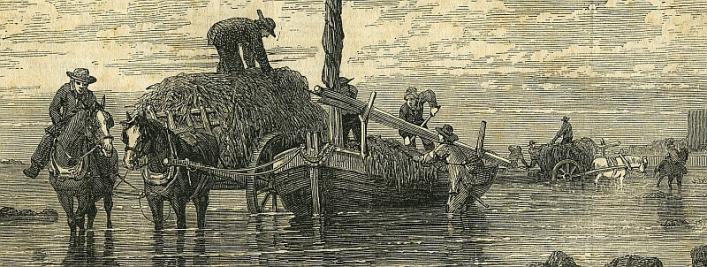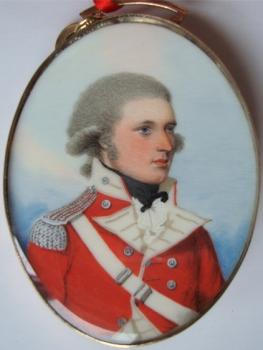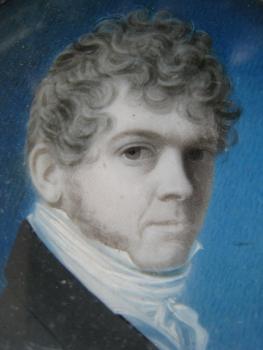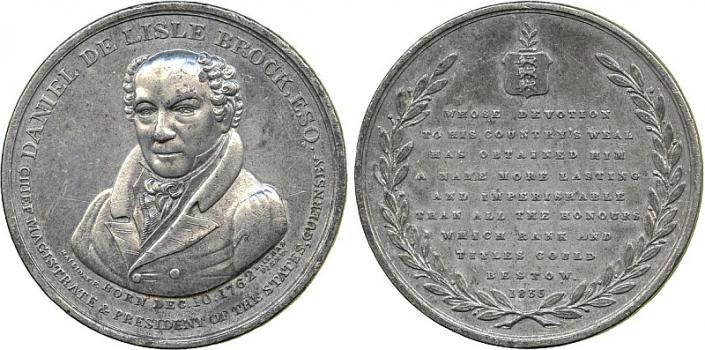Vraicing
From Redstone's Royal Guide to Guernsey, written by Louisa Lane Clarke, who produced a new edition in 1856 following Queen Victoria's visit to Guernsey. A rather rosy description of vraicing—the gathering of wrack seaweed—which was in fact a highly competitive scramble for a valuable and free commodity, much prized by the islanders.




